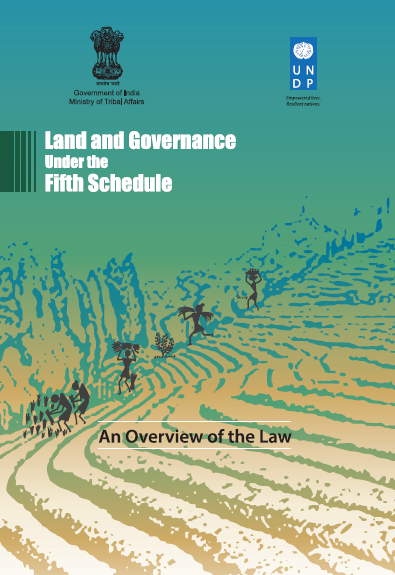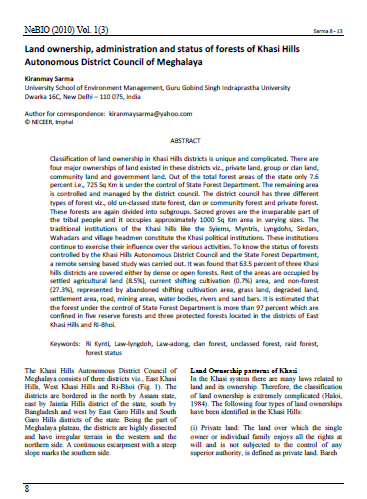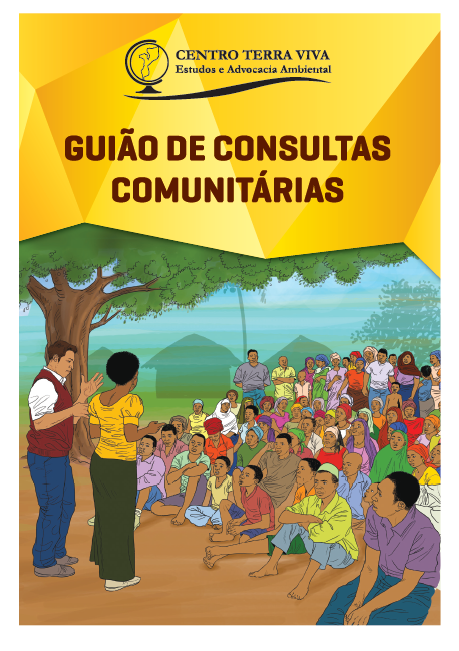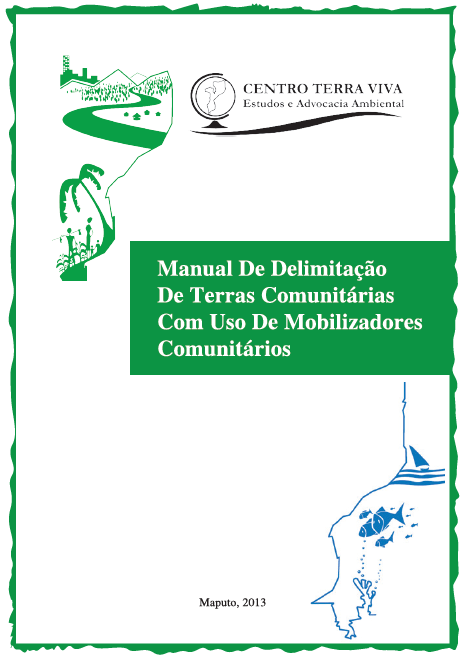Assessment of Land Governance System in Preventing State Land Conflicts in Zambia
The purpose of the research is to assess the land governance system in preventing state land conflicts in Zambia. In order to obtain insights about the actual realities on the ground, based on a case study strategy (i.e. Lusaka District has a study area), the research examined the present status of state land governance system, and investigated the efficiency of the present state land governance system in preventing state land conflicts.
Land Tenure, Land Markets, and Institutional Transformation in Zambia
The Government of Zambia is embarking on an ambitious program of legal and administrative reforms in land policy. Although the need to liberalize the land market is universally shared, the ideas on how to accomplish this transformation are not. Two decades of underinvestment in field research have resulted in the present situation of micro-level data on land tenure and farm-level production, consumption, and resource management inadequate to guide policy decisions.
Land Administration
All land in Zambia is vested in the president, in trust for the people of Zambia, under the Land (Conversion of Titles) Act, 1975 (see p.16), SECTION4.The president has delegated landadministration to the Commissioner of Lands under Statutory Instrument No. 7 of 1964 and GazetteNotice No. 1345 of 1975, as amended. Land in Zambia is divided into State (formerly crown),Reserve, and Trust Lands, as well as park reserves.
Land Administration in Zambia After 1991
The Land tenure system in Zambia is divided in the following administrative segments: colonial period
1880-1964; immediate post independence 1964-1975, post independence period of one party political
South Africa's living law jurisprudence
Nolundi Luwaya examines how the laws affecting rural citizens in South Africa fit together. She examines the Traditional Leadership and Governance Framework Act and highlights key sections of the Act including the requirements for establishment of Traditional Councils, the status and role of traditional leaders. She reviews contested legislation including the Communal Land Rights Act, struck down by the Constitutional Court and the Traditional Courts Bill which threatened to turn rural citizens in the former bantustans into chiefly subjects.
LEGEND Land Policy Bulletin 8
This LEGEND bulletin explores the relationship between agribusiness and land rights. It features articles on the power of local engagement for financial investment, using technology for mapping rights, and catalysing private sector respect for community land rights.
Land and Governance under Fifth Scheduled Areas-An Overview of the law
This book made an attempt to bring together various legislative protections available to the tribals communities pertaining to the land and governance in the scheduled areas and the role of different institutions to achieve the goals enshrined in the Constitution. It examined the Fifth Schedule of the Constitution and its various provisions and special arrangements made for areas inhabited by Scheduled Tribes and the law relating to local self governance in these areas, primarily through village panchayat-an institution of local self governance.
Land ownership, administration & status of forests of Khasi Hills Autonomous District Council of Meghalaya
The article published in NeBIO-An International Journal of Environment and Biodiversity highlights the complicated classifications of land ownership in Khasi Hills viz., private land, group or clan land, community land and government land.
The poverty of Restitution?
Land reform and rural development are routinely presented as key components of the poverty reduction strategy driven by the State. The restitution programme occupies a particular place in the broader land reform programme as it specifically seeks to redress the land dispossession which took place since 1913 and to alleviate the impoverishment and suffering it caused. Restitution is a hugely challenging undertaking which involves much more than the verification of claimants and the restoration of land.
Guião de Consultas Comunitárias
Em 2009, o Centro Terra Viva (CTV) publicou o Guião de Consultas Comunitárias, como parte do seu esforço em melhorar a aplicação da legislação sobre terras e outros recursos naturais. O guião resultou de várias pesquisas de campo realizadas pelo CTV e outras organizações que trabalham na área de Terras.
Manual de delimitação de terras comunitárias com uso de mobilizadores comunitários
O guião serve para orientar e capacitar mobilizadores comunitários, técnicos de ONG’s e outros agentes que trabalham na delimitação de terras comunitárias a usar o método de delimitação de terras denominado Mobilizadores Comunitários.




